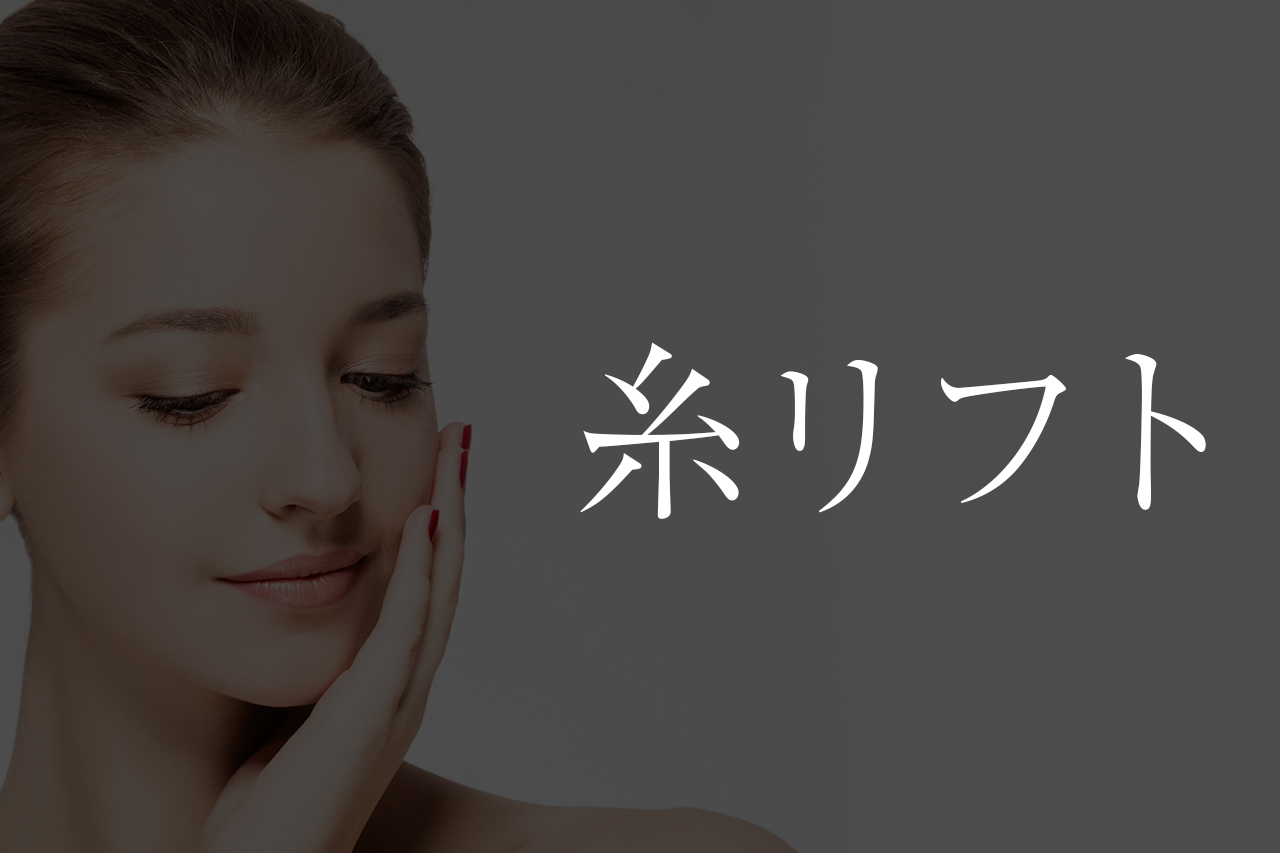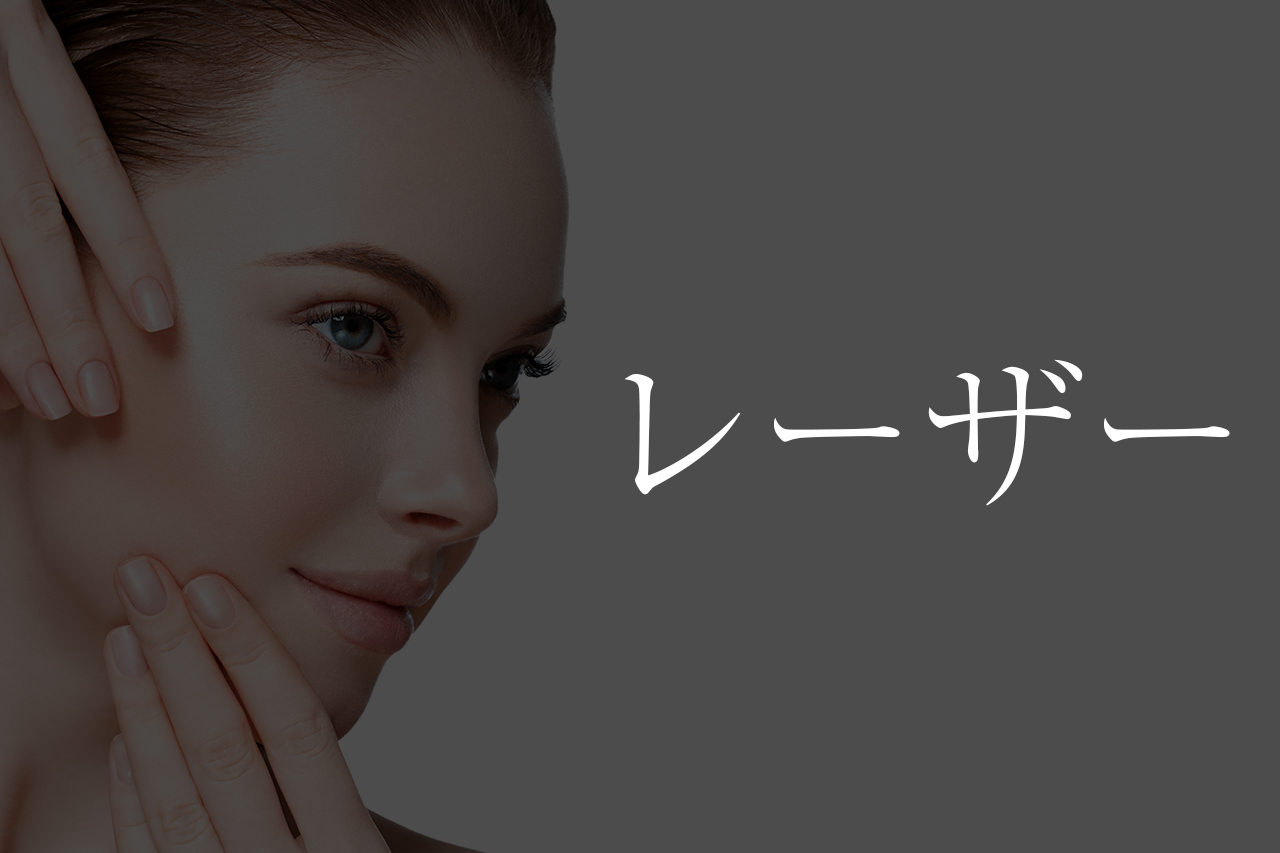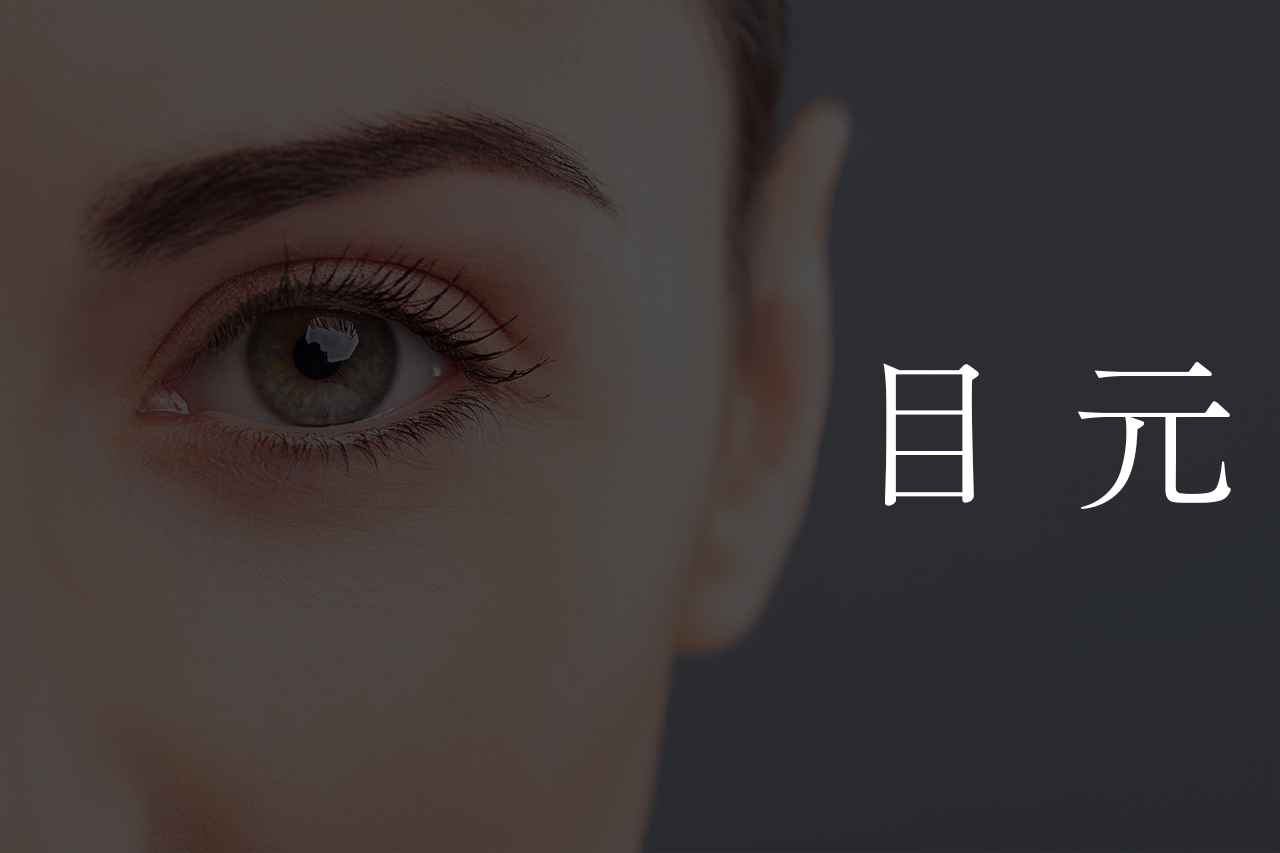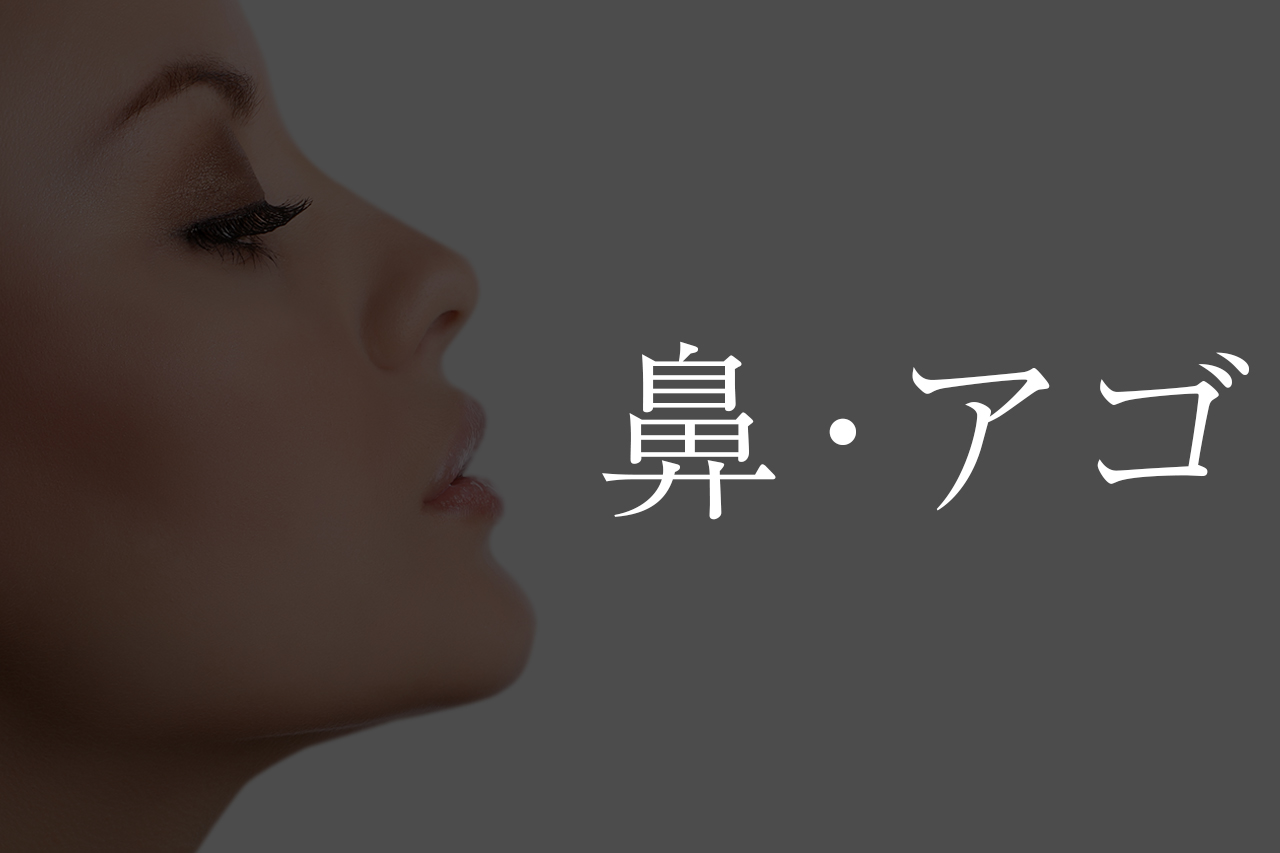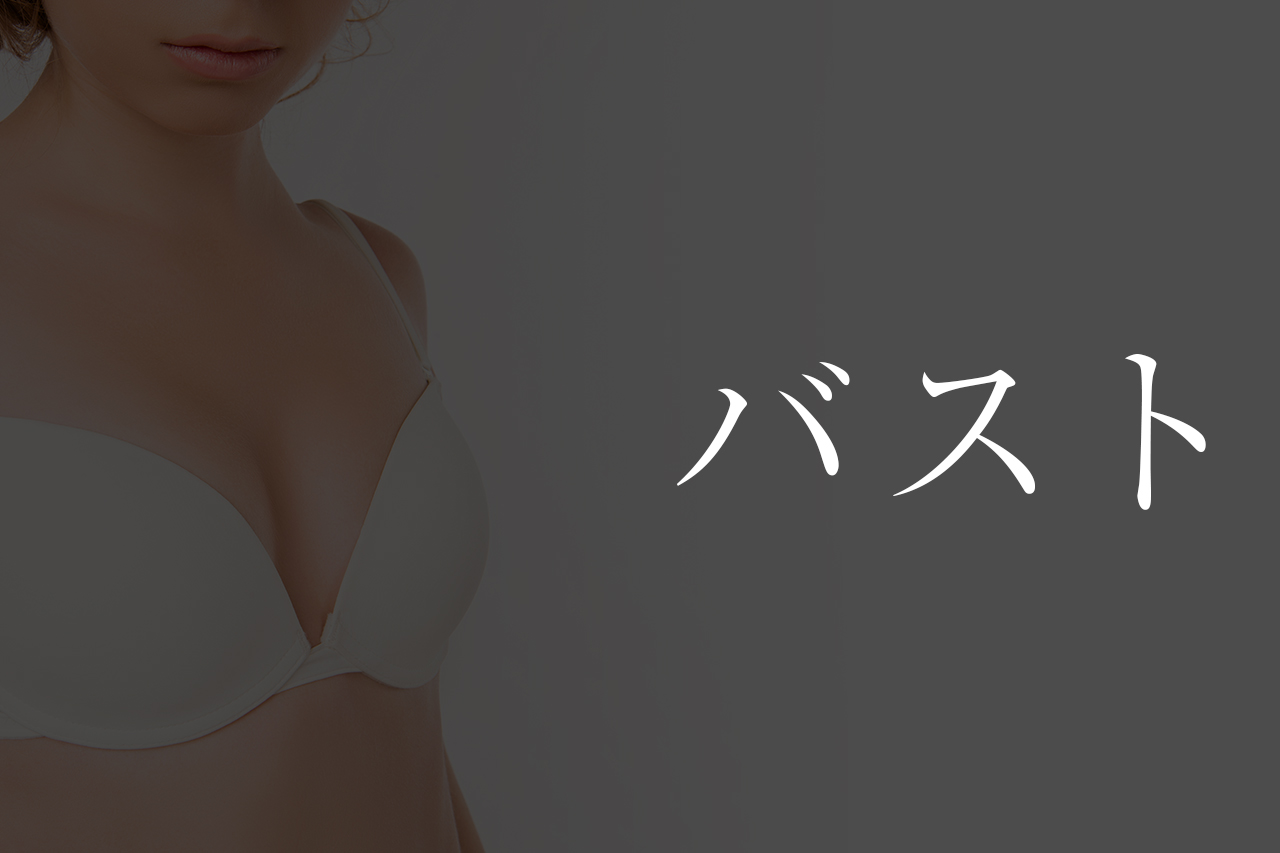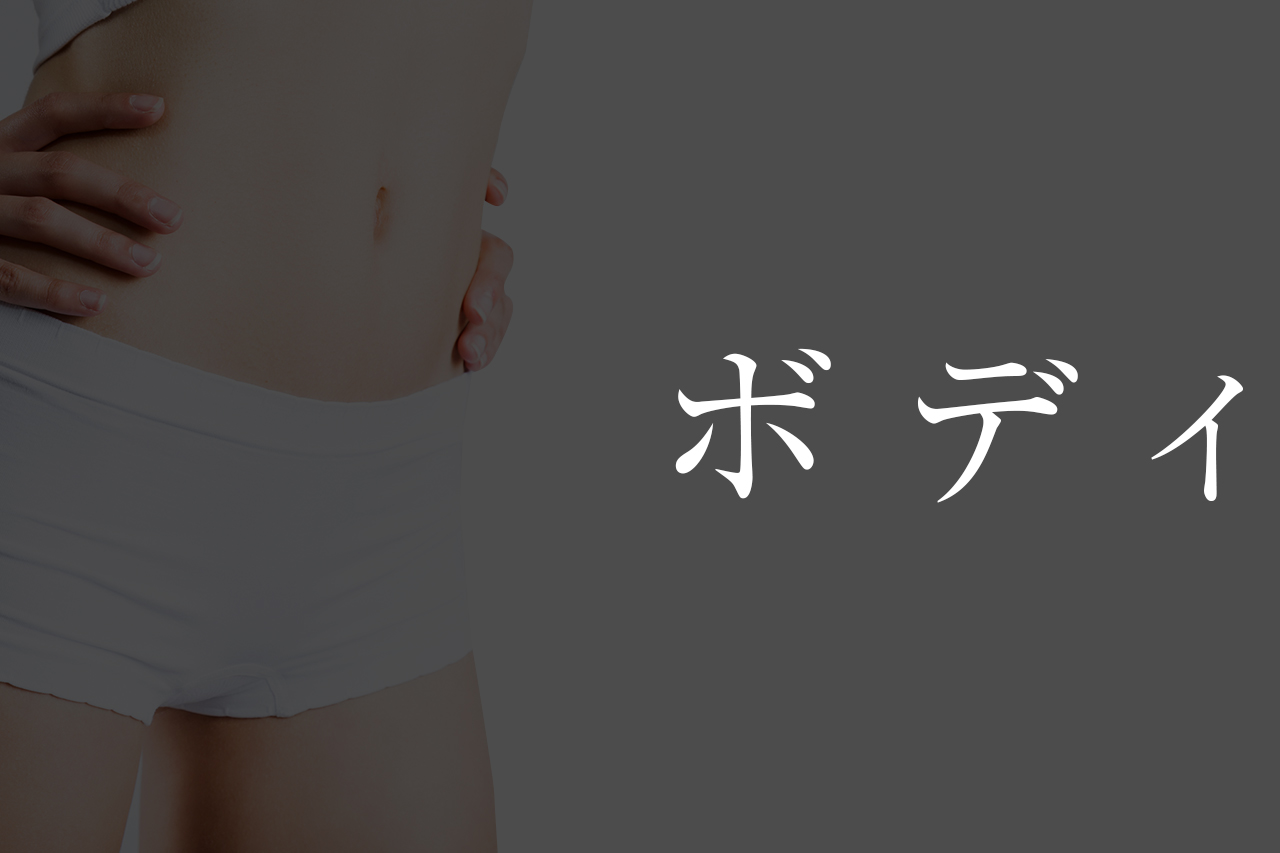Ketamine infusion therapy

Ketamine infusion therapy
"Ketamine infusion therapy is sometimes used primarily to treat chronic pain, depression, suicidal ideation, bipolar disorder, obsessive-compulsive disorder, PTSD, anxiety disorders, and more. Originally developed as an anesthetic, ketamine has been found to have antidepressant effects and pain-relieving properties when used at low doses.
In this treatment, ketamine is administered intravenously through a drip. Treatment typically involves several sessions, depending on the symptoms. Ketamine infusion therapy may be chosen when conventional antidepressants or painkillers are ineffective, or when rapid effects are needed."
"The indications for ketamine infusion therapy"
"The indications for ketamine therapy are primarily considered in the following situations, but the final decision is determined by the physician:
①Severe depression unresponsive to antidepressants: Ketamine therapy may be considered when there is insufficient response to conventional antidepressants or when rapid effects are needed.
②Chronic pain: It may be used in the treatment of chronic pain conditions such as neuropathic pain or complex regional pain syndrome (CRPS) where conventional painkillers are ineffective.
③PTSD: Ketamine therapy may also show effectiveness in addressing symptoms of Post-Traumatic Stress Disorder (PTSD).
④Treatment-resistant psychiatric disorders: It may be considered for psychiatric disorders that do not respond to other forms of treatment.
⑤Not for recreational drug use.
⑥Not driving on the day of treatment. Ketamine is not contraindicated (no hypersensitivity, cerebrovascular disease, hypertension (160/100 or higher), intracranial hypertension, severe heart failure, or history of convulsive seizures).
⑦No history of narcotics or amphetamine use.
⑧Not suffering from alcohol, drug, or substance dependence.
The decision regarding eligibility criteria is made by evaluating the patient's medical history, current symptoms, response to previous treatments, and physical health. Additionally, before undergoing ketamine therapy, patients must receive sufficient explanation regarding side effects and risks, and their consent is required."
"The side effects of ketamine therapy"
"Ketamine therapy is a relatively safe medication when handled appropriately and can be administered to children. However, there are several potential side effects, which may vary depending on the dosage and method of administration:
Psychological side effects:
Hallucinations or delusions Abnormal thoughts or emotions Anxiety or agitation Physical side effects:
Nausea or vomiting Increased blood pressure or heart rate Drowsiness or dizziness Respiratory suppression (especially at high doses) Dependency and tolerance:
Long-term use may lead to tolerance to ketamine. There is a potential for abuse and may cause psychological dependence. Other side effects:
Urinary tract issues (e.g., bladder problems) Memory impairment or cognitive decline Dry mouth When undergoing ketamine therapy, it's essential to work closely with healthcare providers, increase awareness of potential side effects, and take appropriate measures as needed.
Five reasons why our clinic is chosen.
-
Affordable Pricing: Our treatments are priced reasonably per session, allowing for continued sessions to enhance effectiveness without breaking the bank.
-
Extensive Experience with Ketamine: With over 5000 cases of ketamine infusion administered since our clinic's inception, we have a rich history of handling ketamine alongside general anesthesia during surgeries and laser procedures.
-
High Technical Skill in Administering Treatments: The method of administering medication via infusion greatly affects its efficacy. We tailor our approach to each patient, whether it involves slowly dripping the medication or administering it through a side tube, ensuring optimal results based on individual needs.
-
Easy Appointment Scheduling: We prioritize the convenience of patients seriously considering mental wellness. Our clinic offers flexible scheduling, including same-day appointments, to accommodate our patients' needs as much as possible.
Details of Ketamine Infusion Therapy
|
The duration of a ketamine infusion therapy session |
30 to 60 minutes (including the infusion time and subsequent rest period). |
|---|---|
| The recommended frequency of ketamine infusion therapy | It is common to undergo intravenous infusions 2 to 3 times per week during the first two weeks. If positive effects are observed, thereafter, the infusions may continue as maintenance therapy at a frequency of once every 2 weeks to once a month. |
| pain | none |
| downtime | none |
| side effects | Feelings of discomfort associated with intravenous infusion are usually transient. |
| special notice |
This treatment is not covered by medical insurance. |
| Interaction with oral medications. | Please disclose all current oral medications. Depending on the medication, adjustments may be made to the treatment plan. |
price
| Course purchase is available only to those who have received treatment once. | |
| Ketamine infusion therapy - Single session | 50,000yen(Taxincluded:55,000yen) |
|---|---|
| 5-session course | 230,000yen(Taxincluded253,000yen) |
Q&A for Ketamine Infusion Therapy
| When is the payment, before or after the procedure? | "At our clinic, payment is required before all procedures. If you prefer to pay after the procedure, we may have to decline to provide the treatment. |
|---|---|
| Can you specify the dosage and administration method of ketamine? | We will inquire about your experience with ketamine therapy during the consultation for reference. However, during the actual procedure, various factors such as your physical condition and mental state on the day can affect the effectiveness of the treatment. Therefore, the final method of intravenous therapy will be determined by the physician. |
| Is ketamine therapy indicated for schizophrenia? | Individuals diagnosed with schizophrenia may experience an exacerbation of positive symptoms (such as hallucinations and delusions) with ketamine administration. Therefore, we refrain from administering ketamine in such cases. |
| "Is ketamine hallucinogenic therapy? | The term 'hallucinogenic therapy' is not entirely accurate, but ketamine's pharmacological effects include experiences such as vision filled with bright light and a sense of floating, which can be considered hallucinatory. There are many examples where ketamine is used in what is generally termed as 'hallucinogenic therapy |
| In what conditions do people typically receive ketamine infusions? | The majority of individuals who receive ketamine infusions are those suffering from mood disorders, depression, and other treatment-resistant conditions. |
| Are there any interactions between ketamine infusions and current oral medications? | When receiving ketamine infusions, please disclose all current oral medications. Depending on the medications being taken, adjustments to the infusion regimen may be necessary. |
| What are the differences in efficacy between administering ketamine infusion via rapid intravenous injection (bolus) and mixing it into the drip? | "Both methods use the same amount of ketamine. With rapid intravenous injection, psychological symptoms associated with ketamine administration tend to be more pronounced. On the other hand, when ketamine is mixed into the drip, the psychological symptoms are typically milder. The choice of administration method is determined based on a comprehensive assessment of the patient's condition. |
| How many sessions of ketamine infusion therapy are typically needed? | The typical schedule for treatment is as follows:
During the first two weeks, it is common to undergo ketamine infusions 2 to 3 times per week.
If positive effects are observed, thereafter, the infusions may continue as maintenance therapy at a frequency of once every 2 weeks to once a month.
However, this is just a general guideline, and the actual treatment plan will be adjusted individually based on the severity of the patient's symptoms, their response to treatment, and the presence of any side effects." |
| What are the sensations experienced during ketamine infusion therapy? | Many patients typically experience no significant issues during the infusion and may feel sleepy and relaxed. While blood pressure may temporarily rise during the infusion, it usually resolves naturally after completion.
Visual changes such as mild hallucinations or illusions may occur.
While nightmares are listed as a potential side effect in the package insert, patients often describe experiences like being thrown into space, dragged into darkness, or being surrounded by shimmering silver. Some patients may find these nightmarish experiences uncomfortable.
Additionally, some patients may report experiencing nausea during the infusion, although this is rare. |
| How soon can one feel the effects of ketamine infusion therapy? | There is a possibility that symptoms may start to alleviate within a few days after a single infusion. However, some patients may require multiple sessions, typically 2 to 3, before experiencing significant effects. |
